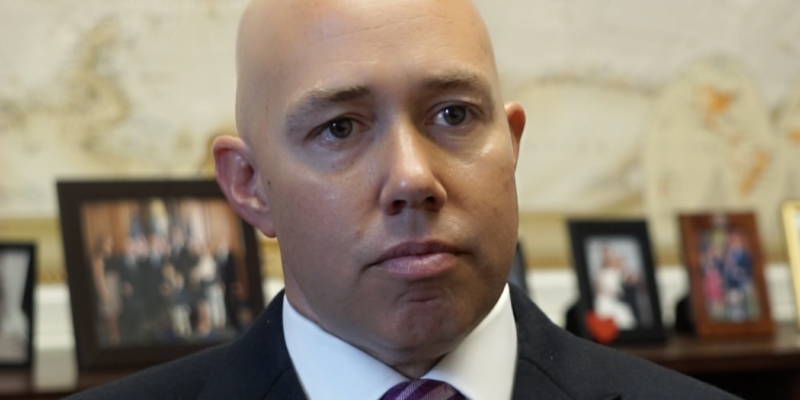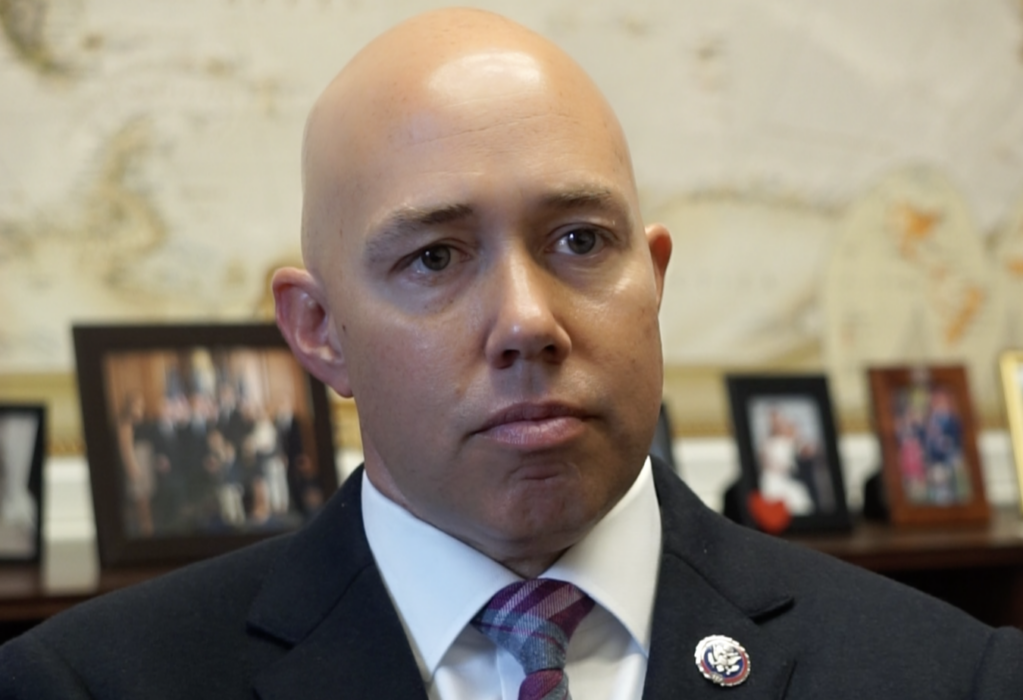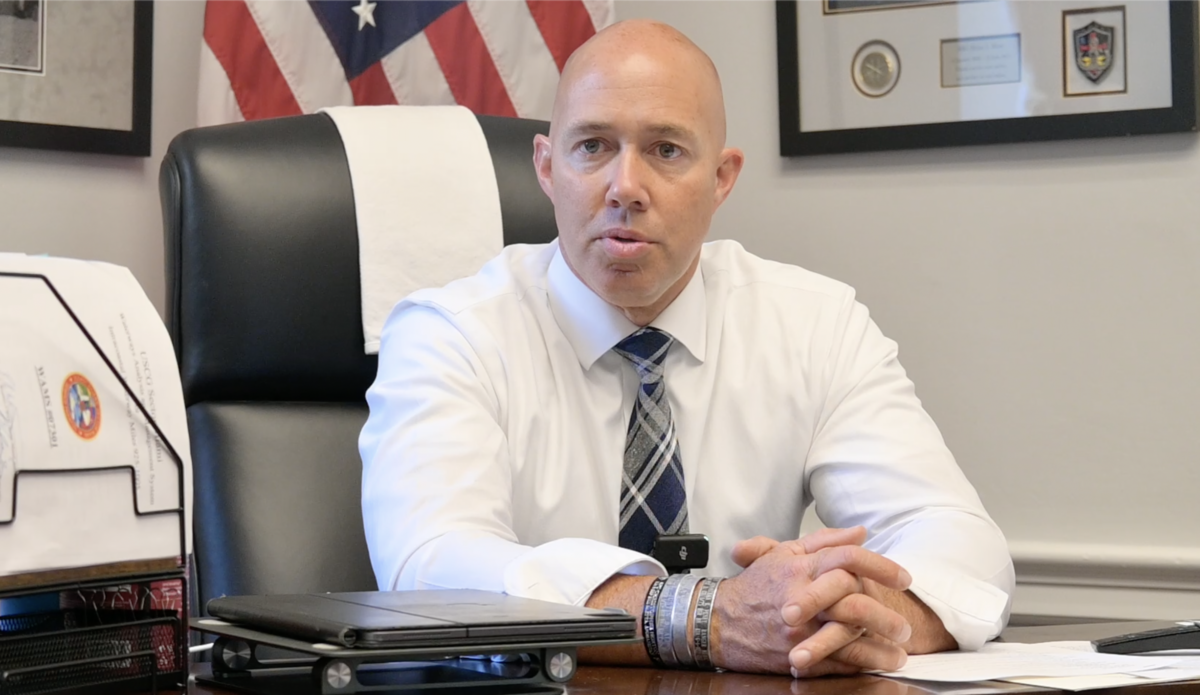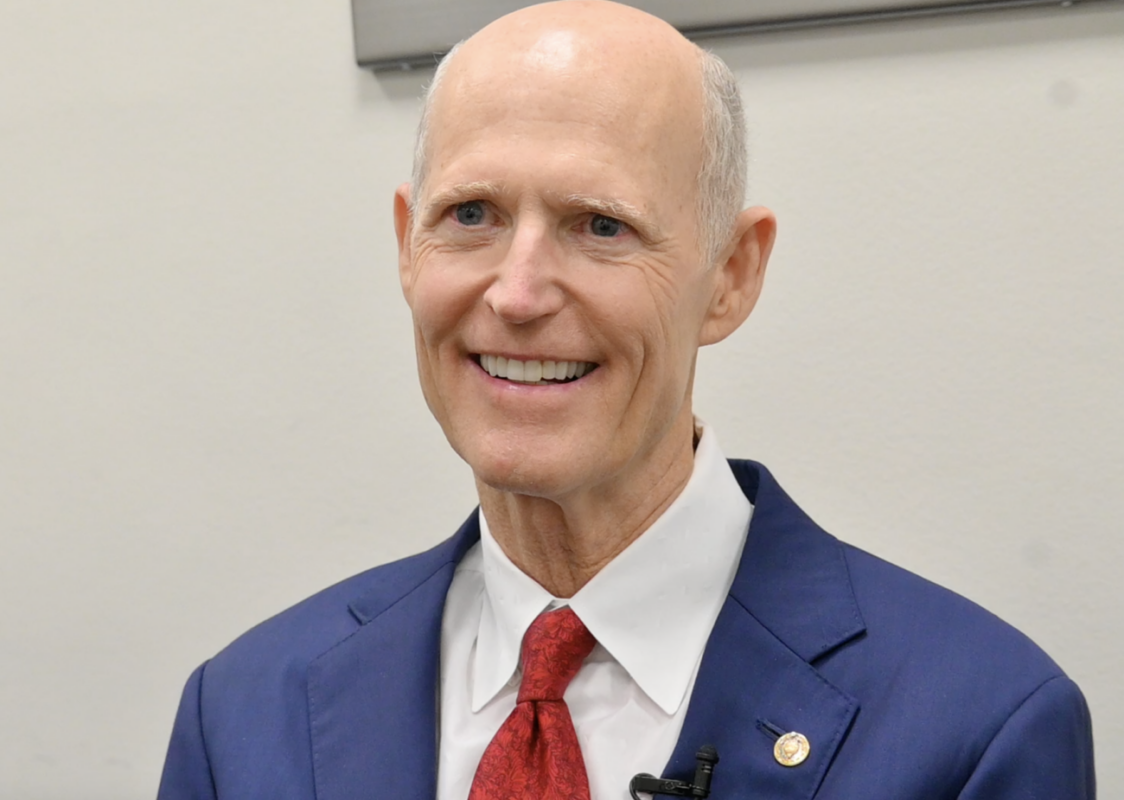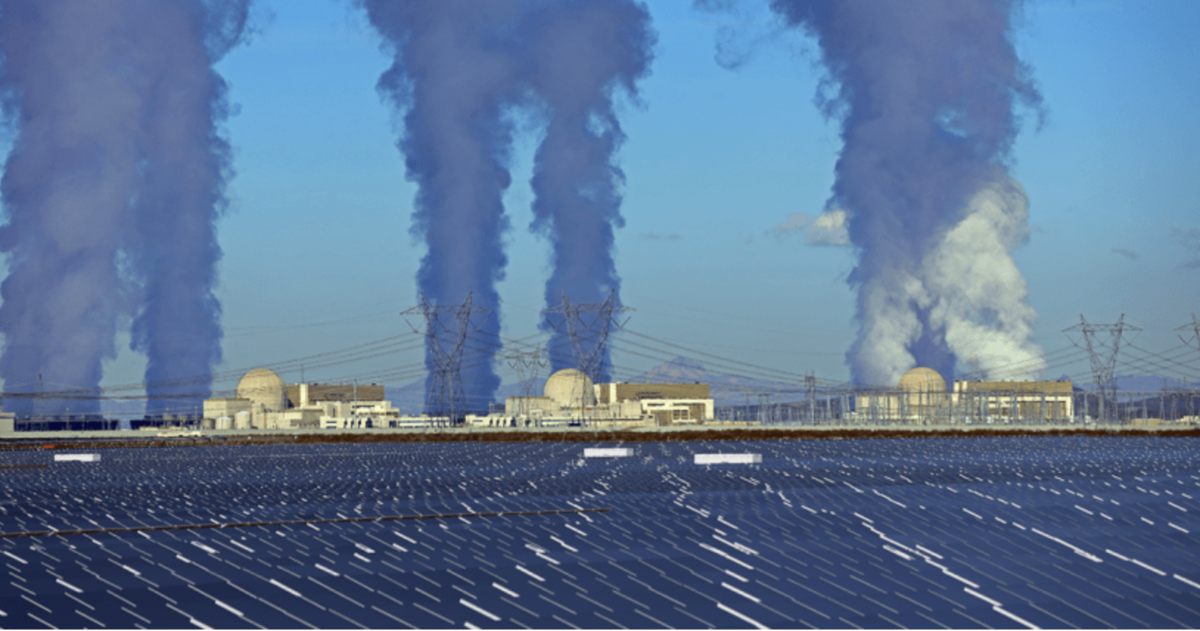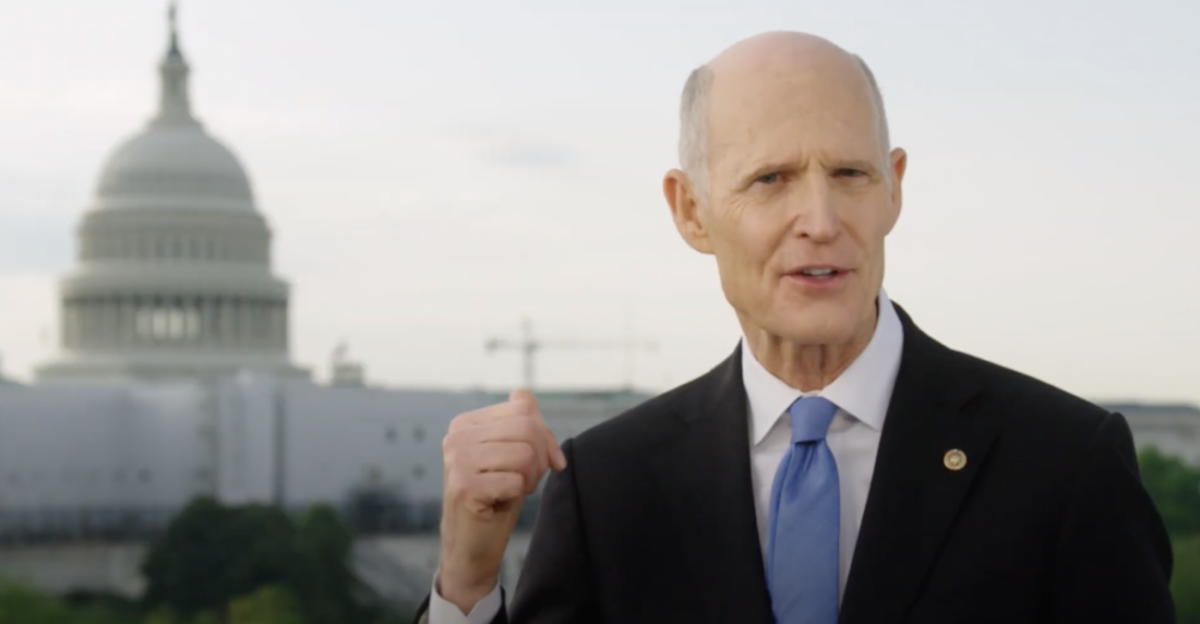Since the passing and the signage of the Inflation Reduction Act (IRA), politicians on both side of the aisle have predicted vastly different outcomes. For instance, Rep. Brian Mast (R-FL) has been very vocal about his disdain for the bill and the negative side effects he believes the legislation will produce.
However, Rep. Val Demings (D-FL) has been very consistent in reminding the American people of the positive outcomes that she believes the bill will substantiate. Almost daily, the Florida Congresswoman shares tweets like these:
Democrats want to build things in America again. We’ve led the charge to bring jobs back from overseas. The Inflation Reduction Act will bring back thousands of clean energy manufacturing jobs. Every Republican voted no, but we’re fighting for American workers. pic.twitter.com/LX8eyBepPT
— Rep. Val Demings (@RepValDemings) August 25, 2022
“Democrats want to build things in America again. We’ve led the charge to bring jobs back from overseas. The Inflation Reduction Act will bring back thousands of clean energy manufacturing jobs. Every Republican voted no, but we’re fighting for American workers," stated Demings.
But, as mentioned earlier, Rep. Mast does not see it that way. In a recent submission on his official congressional website, Mast came to a conclusion about the IRA that doesn’t just show his distaste for the bill, but states that the bill has malevolent intent.
“Last week, Joe Biden threw a celebration at the White House as he signed the Inflation ‘Reduction’ Act into law. What was he celebrating? Screwing the American people,” said Mast. “President Biden and his Democrat allies celebrated making your life harder. They were elected to work for We the People, and yet they continue to do the exact opposite. They are working for liberal special interest groups and continue to put their own agenda ahead of the well being of those they are supposed to represent.”
Many Americans have questioned the bill’s ability to immediately curb inflation, especially with rates as high as 9% this year, and fell just to 8.5% in July.

